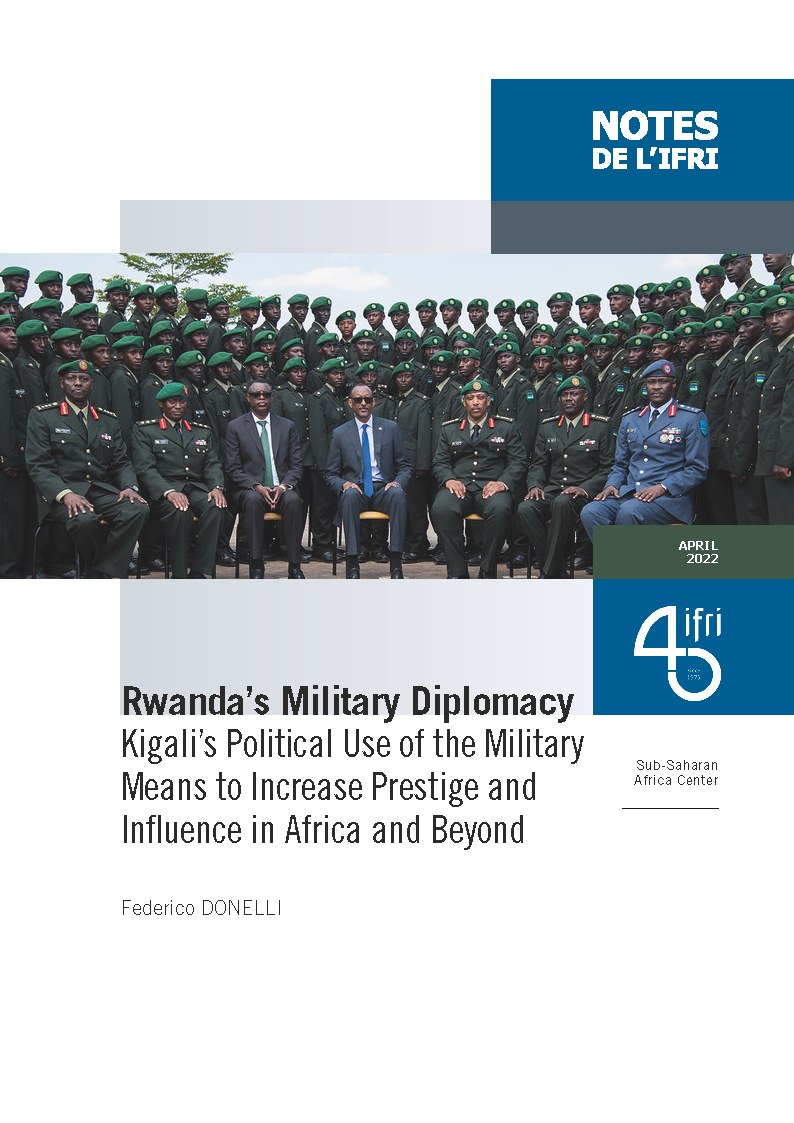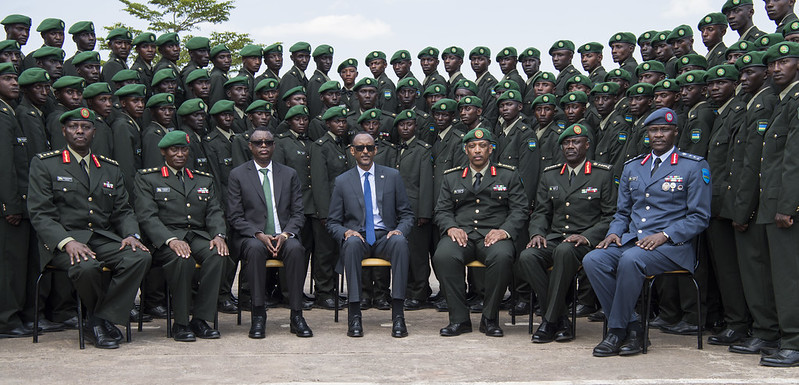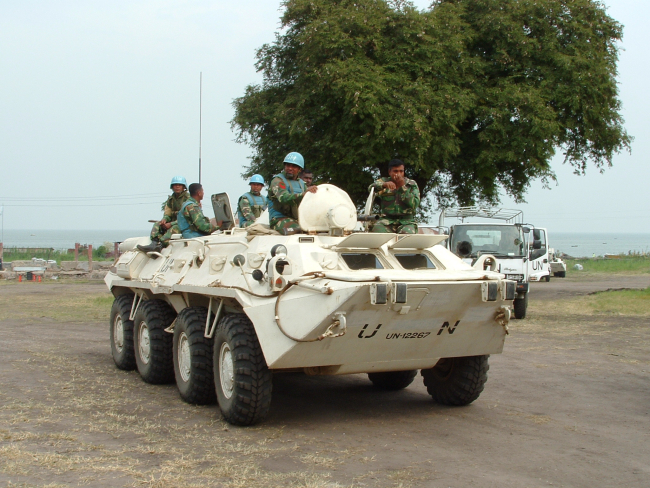Rwanda’s Military Diplomacy. Kigali’s Political Use of the Military Means to Increase Prestige and Influence in Africa and Beyond

Although it is one of the smallest states on the African continent, Rwanda has adopted a proactive foreign policy. Kigali has deployed troops within the framework of multilateral peacekeeping missions to increase its prestige and influence. Since last year, changes have arisen: Rwanda has extended its activities outside of multilateral operations, intervening unilaterally in the Central African Republic (CAR) and then in Mozambique. Rwanda desires to foster its reputation as a regional and continental “security provider”.

Rwanda’s leadership, led by President Paul Kagame, has used its seasoned and professional armed forces as a tool to (re)enhance its regional and international standing. The contribution offered by Rwanda to multilateral operations sanctioned by the United Nations (UN) and the African Union (AU) on the continent and beyond has generated a favorable response – one that has helped tamp down criticism of Kagame’s authoritarian rule and Rwandan military involvement in the neighboring Democratic Republic of Congo (DRC). The dispatch of Rwandan troops on a bilateral basis, beginning in 2020, to two African states highlights significant changes to Kigali’s modus operandi as it broadens its military operations beyond the multilateral framework. Rwanda’s actions, first, in the Central African Republic (CAR) and then Mozambique’s Cabo Delgado province offer useful primers on the future design of Rwanda’s foreign policy. They also, as importantly, point to what may become significant shifts in the ways conflict management and peacebuilding are prosecuted in Sub-Saharan Africa. Further, Rwanda’s political use of military tools is a fascinating example of African military diplomacy.
Since the 1994 genocide, Kagame’s aim has been to rebuild a stable and strong state. Implementing a military diplomacy approach has been possible thanks to the skills shown in different scenarios of intervention by its army: the Rwanda Defence Forces (RDF). Since 2005, the RDF’s deployments mean that it has come to be viewed by African and international bodies as a reliable force for peacekeeping. But Kagame’s recent decisions to send contingents to both the CAR and Mozambique demonstrate that he sees the RDF as something of a new African security provider for the continent. Therefore, Rwanda has exploited the capabilities of its military apparatus as a political tool to gain greater international visibility and continental influence.
Its success against violent non-state armed actors has not only generated a great deal of positive press but has resulted in Rwanda strengthening its political and economic ties with the other African states. At the same time, Kigali has become a trustworthy interlocutor for external states such as France. The Rwandan regime aspires to promote “a Rwandan military solution to security problems” as an alternative to the architecture promoted by regional and continental organizations.
What is the rationale behind Kigali’s move? What are its purposes? And how does Rwanda intend to capitalize on the means of military diplomacy? The analysis explores Rwandan policy by seeking to understand its real potential and investigating the implications of Kigali’s military diplomacy for the African security architecture.
This analysis is organized into four sections. The first part discusses Rwanda’s politico-military trajectory following the 1994 Rwanda Genocide. The second section explores the recent shift in the Rwandan approach to armed conflicts in sub-Saharan African states. The RDF’s actions in Mozambique’s Cabo Delgado province and their success against armed insurgents are explored in greater depth in the report’s third section. The conclusion provides analysis about Rwanda’s pro-active use of its military in extra-regional states and what the implications may become at the regional, continental, and extra-continental levels.

Available in:
Regions and themes
ISBN / ISSN
Share
Download the full analysis
This page contains only a summary of our work. If you would like to have access to all the information from our research on the subject, you can download the full version in PDF format.
Rwanda’s Military Diplomacy. Kigali’s Political Use of the Military Means to Increase Prestige and Influence in Africa and Beyond
Related centers and programs
Discover our other research centers and programsFind out more
Discover all our analysesAnglo-Kenyan Relations (1920-2024) : Conflict, Alliance and a Redemptive Arc
This article provides an evidentiary basis for postcolonial policy in its analysis of Anglo-Kenyan relations in a decolonization era.
When City Diplomacy Meets Geopolitics: A Framework to Help Cities Navigate Geopolitical Risk
Crises and the increasing polarization of international relations make political risk analysis an indispensable resource for internationally active public and private entities.
The United Nations Mission in Congo or the exemplary uselessness of the United Nations peacekeepers
During the M23 conflict in 2012-2013 in the Democratic Republic of Congo (DRC), the United Nations (UN) took the diplomatic initiative (by initiating the Addis Ababa agreement) and the military initiative (by launching a coordinated counter-offensive with the Congolese army). Since the resurgence of this conflict in 2022, the United Nations, which still has more than 10,000 peacekeepers deployed in eastern DRC, no longer plays any role.
Rebooting Italy's Africa Policy: Making the Mattei Plan Work
Against the backdrop of increasing anti-French rhetoric across parts of Francophone Africa, the relative failure of the counterinsurgency operation in the central Sahel (Operation Barkhane) and diplomatic rifts with several Sahelian countries, Paris has been rethinking its relationship with the continent for several years now. As a former imperial power that has seen its colonial domain in Africa gain independence between 1956 (Morocco-Tunisia) and 1977 (Djibouti), France has invented two successive roles for itself in Africa since 1960, particularly in French-speaking sub-Saharan Africa.








